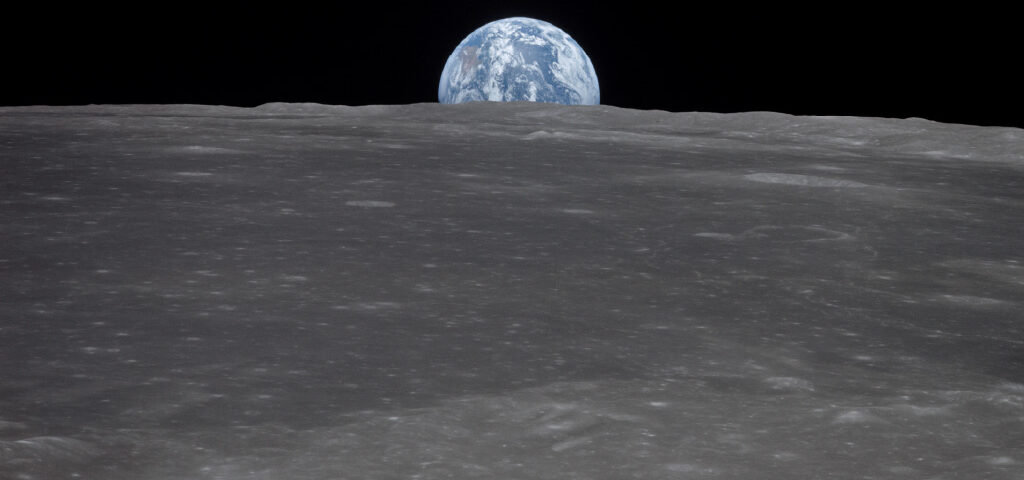The 56th Anniversary of the Greatest Achievement in Human History (and How Office Products Saved the Day)!

Key Trends in Summer Promotional Products
July 7, 2025
Transform and Upgrade Your Workspace with Office Add-Ons
August 18, 2025“Fate has ordained that the men who went to the moon to explore in peace will stay on the moon to rest in peace. These brave men Neil Armstrong and Edwin Aldrin know that there is no hope for their recovery. But they also know that there is hope for mankind in their sacrifice.”
The above is an excerpt from a statement that had been prepared to have been issued by President Nixon in the event that Neil Armstrong and Buzz Aldrin became stranded on the moon. There was an entire protocol constructed around this eventuality, to include a phone call to the widows- to-be and the severing of communications with the astronauts so the world would not be witness to their final moments.
As chilling as this is about a very real concern, these men assumed the risk willingly. When asked by a reporter about that possibility of being marooned, Neil Armstrong replied that this was just something they chose not to think about. Further Neil Armstrong indicated that he had “confidence in the equipment, the planning, the training”; this on the heels of the Apollo 1 disaster and several other disasters and near disasters inherent with the space/flight programs.
Not that these confidences were necessarily misplaced but Neil Armstrong certainly assumed the attitude of an optimist. Beyond optimism, there was an unrelenting national will; 5% of the federal budget ($25 billion – $135 billion in today’s dollars); and the coordinated and concerted efforts of over four hundred thousand people, to include top scientists, engineers and technicians, behind this intensely deadline driven endeavor. That being said, despite all the resources, planning, research and testing, the success of the mission depended on the human factor, living in the moment to exercise sound judgement when faced with the unanticipated.
The actual landing was fraught with system failures and the associated incessant error messages. Further, the automatic pilot had failed, and the lunar module had overshot its intended landing zone. Armstrong assumed manual control and had to locate an alternate landing site; the Eagle landed with less than twenty seconds of fuel remaining.
Finally, to compound the uncertainty and drama that nothing had ever been launched from the lunar surface prior to Apollo 11, Buzz Aldrin had this to say in an interview after the crew returned to Earth: “In looking around at some of the lunar dust on the floor, I discovered something that really didn’t belong there — a broken end of a circuit breaker”. This piece turned out to be the button that would initiate the launch sequence to blast them off from the moon – Apparently Buzz’s life support backpack had broken it off when exiting or re-entering the lunar module – distressing!
As with any emergency, of this type the crew turned their attention to office products for a solution. Buzz located a felt tip pen, jammed it in the vacant circuit breaker hole, completed the electrical connection and launched the ascent stage of the landing module. They then docked with the Columbia service module and returned home, true story!
So, it’s all about survival and we do our part in perpetuation of the species. From launching the lunar landing module to emergency tracheotomies with a stick pen, we have you covered for survival.


